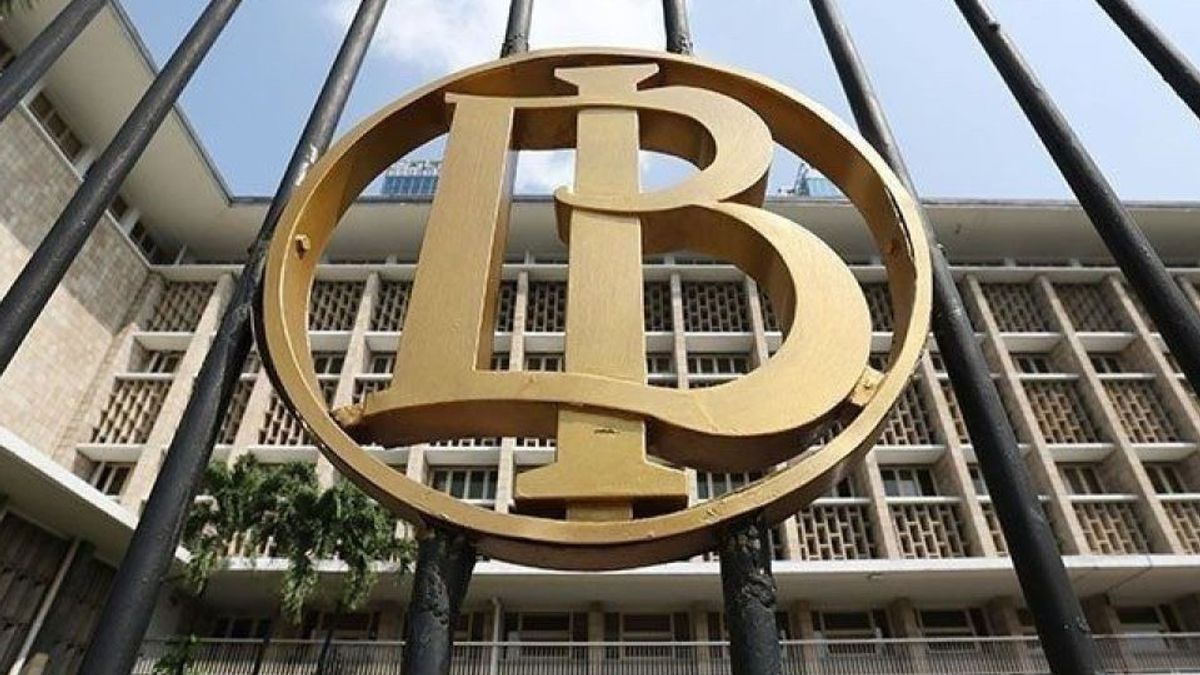JAKARTA - The Institute for Economic and Community Research, Faculty of Economics and Business, University of Indonesia (LPEM FEB UI) assesses that Bank Indonesia (BI) needs to maintain BI-Rate at the level of 6 percent at the BI Board of Governors Meeting in November 2024.
"With the relatively well-maintained inflation and the trend of depreciation of the rupiah in recent times, Bank Indonesia needs to hold its benchmark interest rate at 6 percent this November," said LPEM economist FEB UI Teuku Riefky in Jakarta, quoted from Antara, Wednesday, November 20.
Riefky said that November showed economic conditions influenced by the combination of domestic and global factors. From the domestic side, inflation is still in the range of Bank Indonesia's targets, despite the persistent deflation trend in several components.
The dynamics of trade continues to show resilience, even as the surplus narrows. In October 2024, Indonesia recorded a trade surplus of 2.48 billion US dollars, reflecting a monthly decline of 23.22 percent month to month (mtm) from a surplus of 3.23 billion US dollars reached in September 2024 and an annual drop of 28.53 percent year on year from a surplus of 3.47 billion US dollars in October 2023.
Despite the decline, the surplus achievement marked Indonesia's trade balance surplus for 54 consecutive months. Both imports and exports experienced fairly high growth in October 2024, but a sharper increase in imports caused the trade surplus to decrease.
At the global level, the uncertainty stemming from the general election (election) of the United States and the increasing geopolitical tension has put pressure on the flow of capital, affecting the stability of the rupiah.
By considering the recent depreciation of the rupiah and the absence of an urgent inflation risk, Riefky views that Bank Indonesia needs to hold BI-Rate at 6 percent to ensure that future adjustments are carried out strategically and on time to maintain price stability.
Between mid-October and mid-November 2024, Indonesia experienced a net capital outflow of USD 1.46 billion from its financial market of USD 0.58 billion from the bond market and USD 0.88 billion from the stock market.
"This current exit was mainly driven by increasing geopolitical tensions and increased uncertainty regarding the US presidential election," he said.
Prior to the election results, investors took a cautious stance, thus transferring their portfolio to safe haven assets.
After the election results came out, with promises of pro-business policies from President-elect Donald Trump, many investors removed their assets from the developing country market.
SEE ALSO:
As a result, Indonesia's government bond yields increased, where bond yields of 10 years rose from 6.73 percent to 6.94 percent and bond yields of 1 year increased from 6.20 percent to 6.34 percent. in the same period.
The capital flow came out between mid-October and mid-November 2024, causing rupiah depreciation of 1.38 percent month to month, weakening from IDR 15,555 per US dollar in mid-October to IDR 15,770 per US dollar in mid-November.
By year-to-date, the rupiah shows moderate performance compared to other countries' currencies, showing relatively stronger resilience compared to Russian Rubles, Turkish Lira, Real Brazil, and Peso Argentina, all of which have double-digit depreciation. As of November 15, 2024, the rupiah was depreciated at 3.26 percent year to date.
The English, Chinese, Japanese, Arabic, and French versions are automatically generated by the AI. So there may still be inaccuracies in translating, please always see Indonesian as our main language. (system supported by DigitalSiber.id)














